Instagram has gained a reputation for being notoriously deceptive when it comes to portraying the “everyday lives” of its users. This isn’t surprising considering most people would rather broadcast the happy, sanitized version of their lives than the difficult moments that inevitably make us all human. However familiar we are with this façade, it’s hard not to feel lonely when scrolling through dozens of friend-populated portraits in an endless maze of all-around good times.
Now, Instagram wants to offset that loneliness factor by offering a tool to help users struggling with mental health issues. It’s simple, but it could be effective at acknowledging cries for help and ultimately saving lives. If you stumble upon a friend or stranger’s post about self-harm, an eating disorder, suicidal thoughts, or other dangerous situations, you’re now one button away from anonymously reporting that post to Instagram. From there, administrators will send that person a message saying: “Someone saw one of your posts and thinks you might be going through a difficult time. If you need support, we’d like to help.”
Once alerted, the app directs the flagged user to three different options for getting help: talking to a friend, contacting a helpline, or getting tips and support. To get the language right for the support page, Instagram enlisted the help of mental health organizations like National Eating Disorders Association and the National Suicide Prevention Lifeline. Instagram’s Chief Operating Officer Marne Levine explained the reasoning behind this update, telling Cosmopolitan,
“We listen to mental health experts when they tell us that outreach from a loved one can make a real difference for those who may be in distress. At the same time, we understand friends and family often want to offer support but don’t know how best to reach out. These tools are designed to let you know that you are surrounded by a community that cares about you, at a moment when you might most need that reminder.”
The tool also extends to users who don’t get flagged for posts about self-harm. Should you look up a banned hashtag—like #thinspo, for example—you’ll get directed to the same list of tools and resources. Hopefully, by simply acknowledging these issues and offering ways to get help, Instagram can be part of a culture shift that treats mental illness with urgency and empathy.









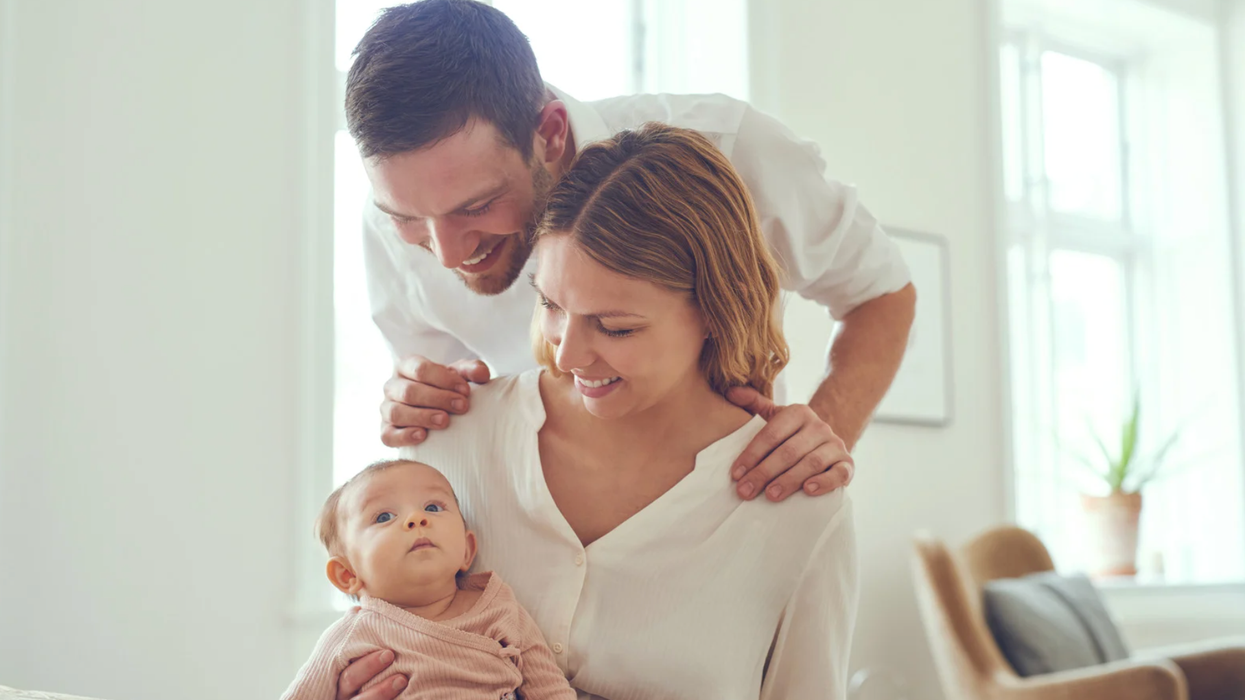






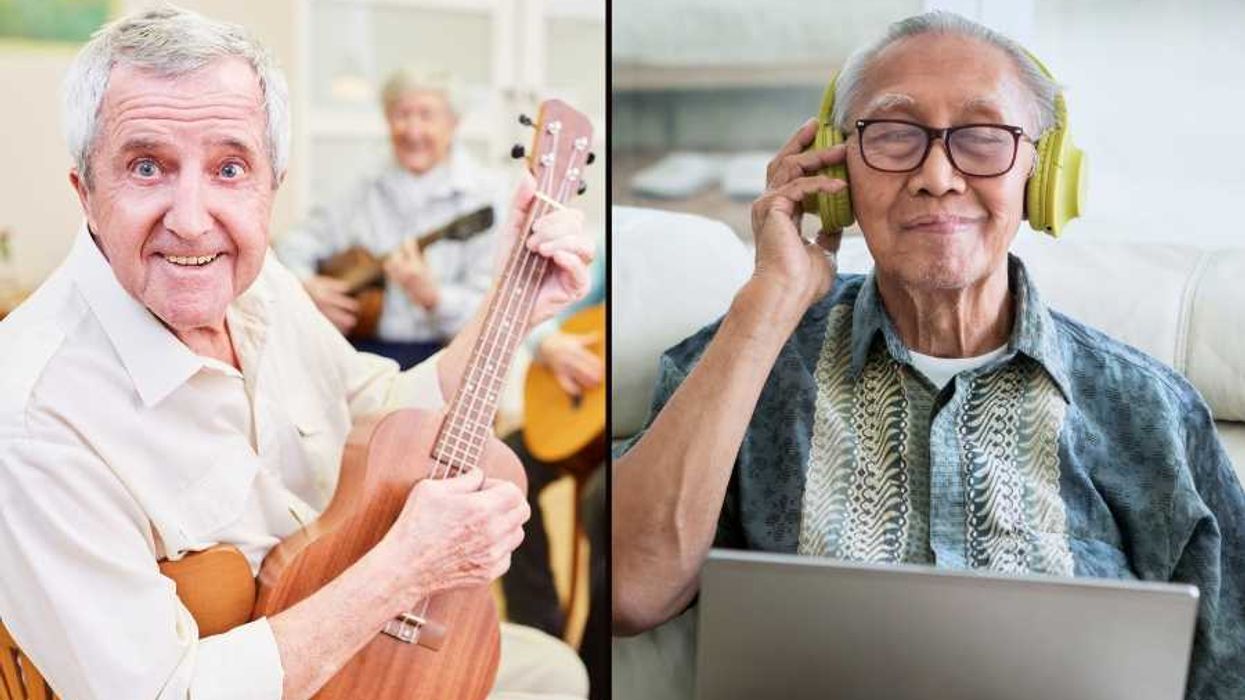

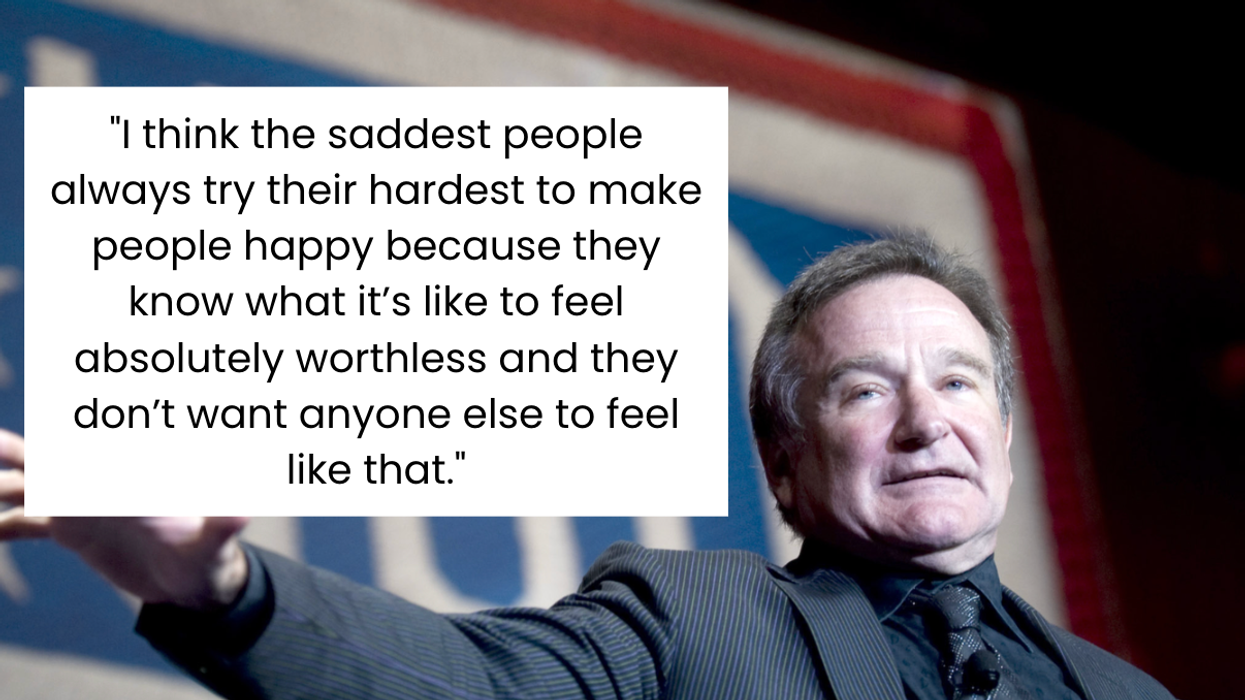
 Robin Williams performs for military men and women as part of a United Service Organization (USO) show on board Camp Phoenix in December 2007
Robin Williams performs for military men and women as part of a United Service Organization (USO) show on board Camp Phoenix in December 2007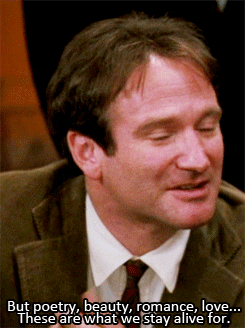 Gif of Robin Williams via
Gif of Robin Williams via 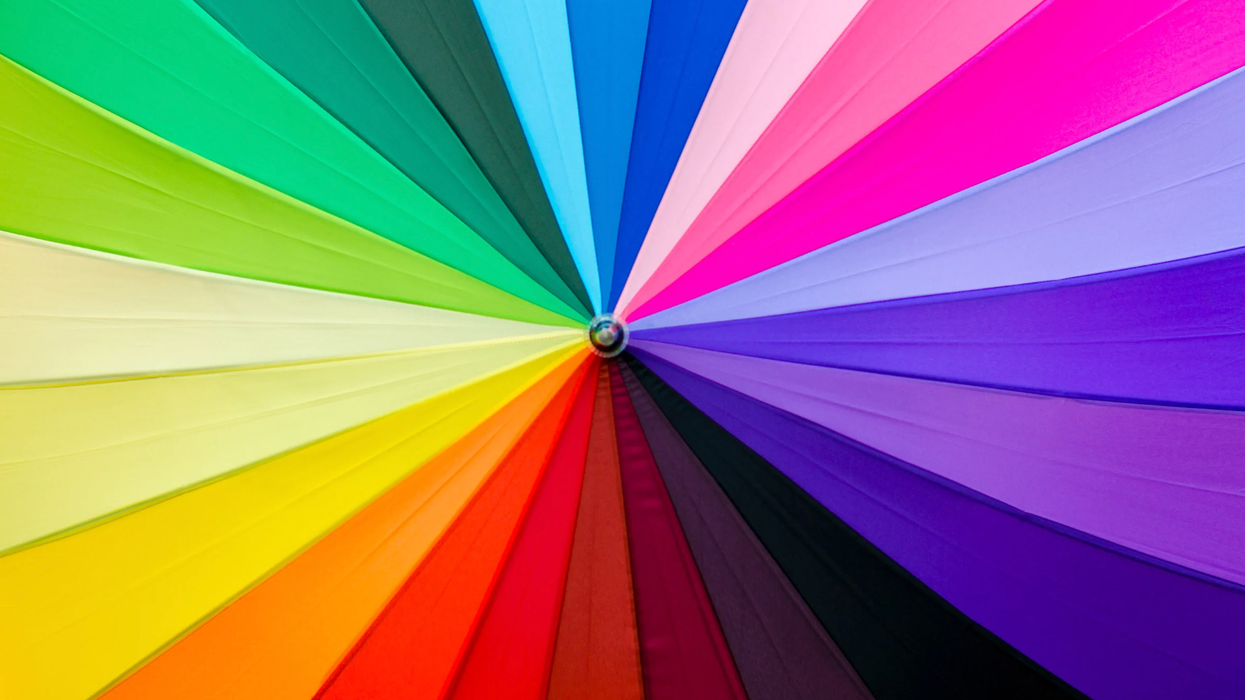
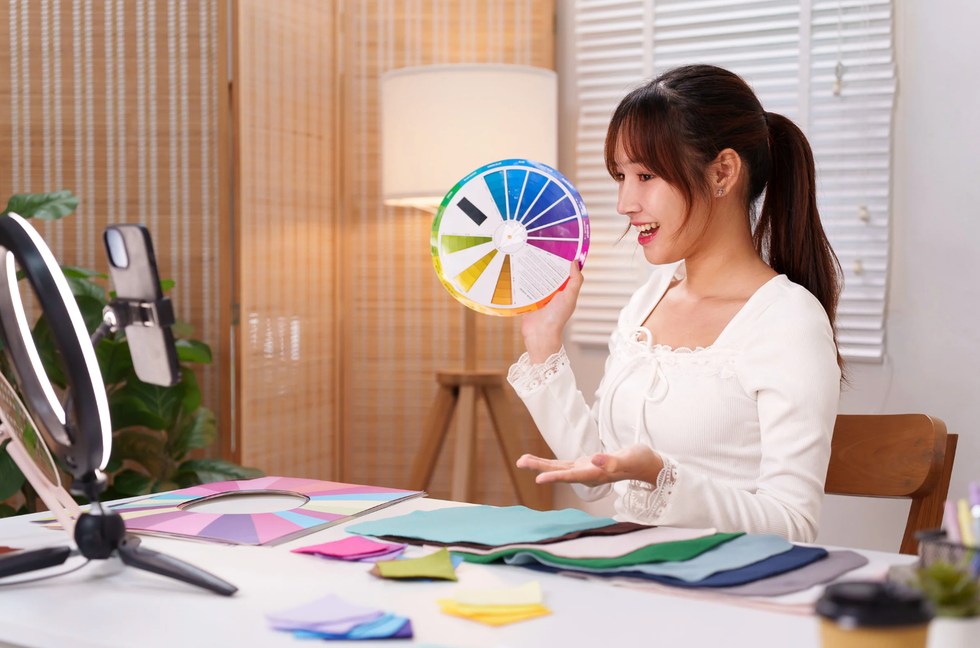 A woman conducts a online color testCanva
A woman conducts a online color testCanva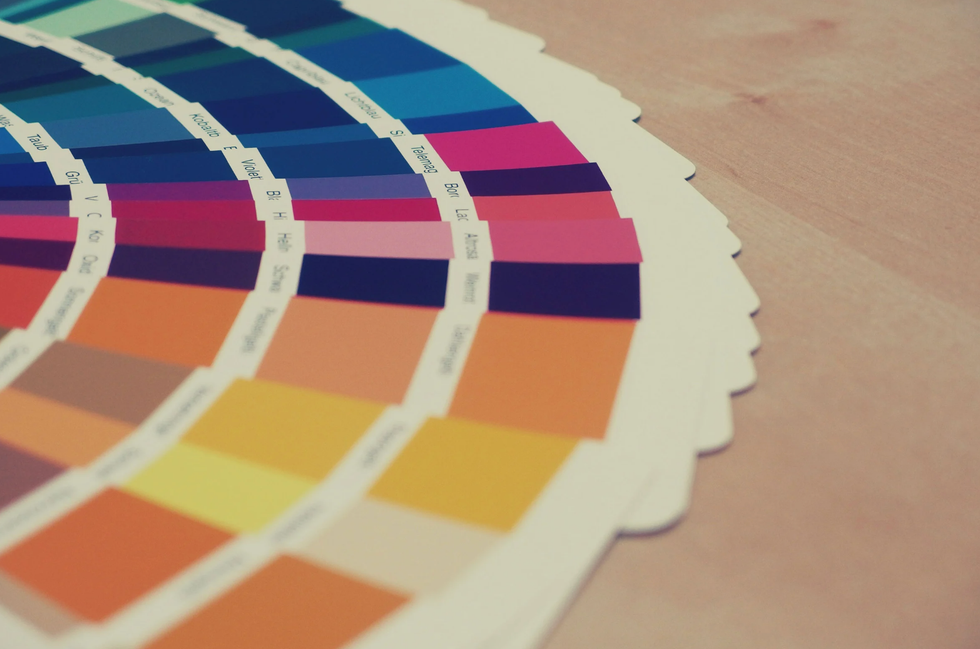 A selection of color swatchesCanva
A selection of color swatchesCanva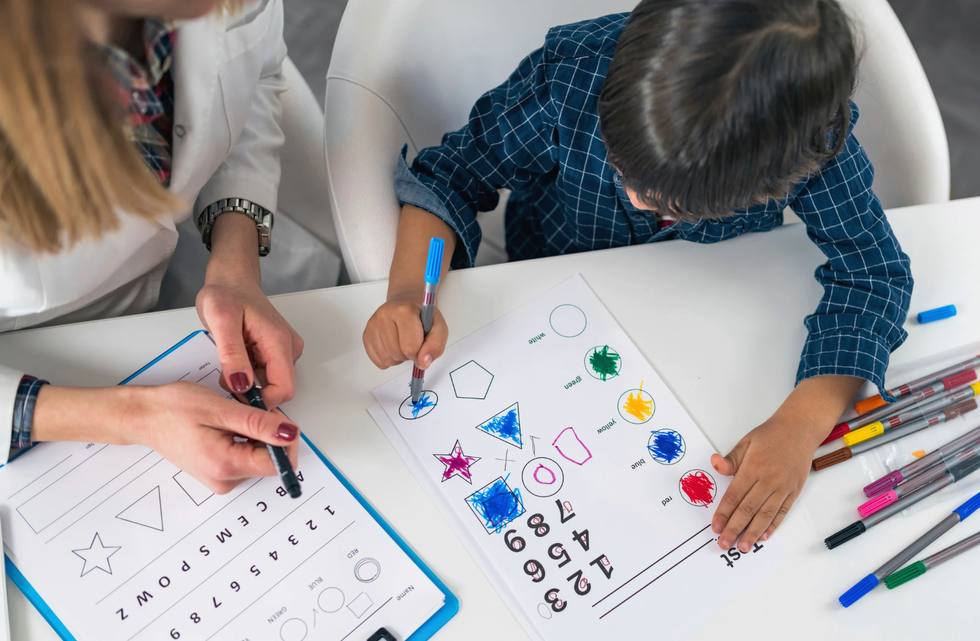 A young boy takes a color examCanva
A young boy takes a color examCanva 

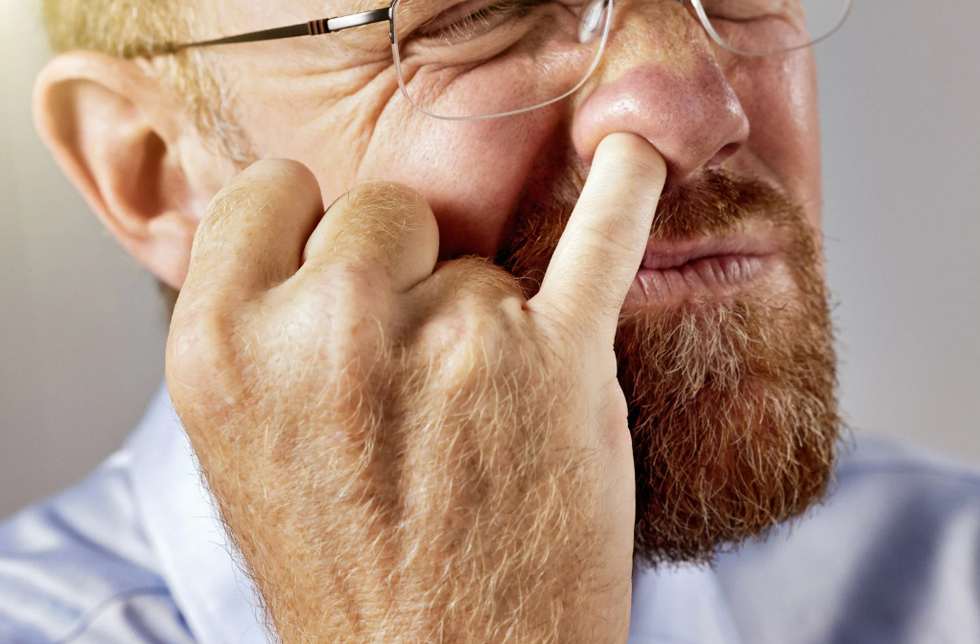 Pictured: A healthy practice?
Pictured: A healthy practice?
Will your current friends still be with you after seven years?
Professor shares how many years a friendship must last before it'll become lifelong
Think of your best friend. How long have you known them? Growing up, children make friends and say they’ll be best friends forever. That’s where “BFF” came from, for crying out loud. But is the concept of the lifelong friend real? If so, how many years of friendship will have to bloom before a friendship goes the distance? Well, a Dutch study may have the answer to that last question.
Sociologist Gerald Mollenhorst and his team in the Netherlands did extensive research on friendships and made some interesting findings in his surveys and studies. Mollenhorst found that over half of your friendships will “shed” within seven years. However, the relationships that go past the seven-year mark tend to last. This led to the prevailing theory that most friendships lasting more than seven years would endure throughout a person’s lifetime.
In Mollenhorst’s findings, lifelong friendships seem to come down to one thing: reciprocal effort. The primary reason so many friendships form and fade within seven-year cycles has much to do with a person’s ages and life stages. A lot of people lose touch with elementary and high school friends because so many leave home to attend college. Work friends change when someone gets promoted or finds a better job in a different state. Some friends get married and have children, reducing one-on-one time together, and thus a friendship fades. It’s easy to lose friends, but naturally harder to keep them when you’re no longer in proximity.
Some people on Reddit even wonder if lifelong friendships are actually real or just a romanticized thought nowadays. However, older commenters showed that lifelong friendship is still possible:
“I met my friend on the first day of kindergarten. Maybe not the very first day, but within the first week. We were texting each other stupid memes just yesterday. This year we’ll both celebrate our 58th birthdays.”
“My oldest friend and I met when she was just 5 and I was 9. Next-door neighbors. We're now both over 60 and still talk weekly and visit at least twice a year.”
“I’m 55. I’ve just spent a weekend with friends I met 24 and 32 years ago respectively. I’m also still in touch with my penpal in the States. I was 15 when we started writing to each other.”
“My friends (3 of them) go back to my college days in my 20’s that I still talk to a minimum of once a week. I'm in my early 60s now.”
“We ebb and flow. Sometimes many years will pass as we go through different things and phases. Nobody gets buttsore if we aren’t in touch all the time. In our 50s we don’t try and argue or be petty like we did before. But I love them. I don’t need a weekly lunch to know that. I could make a call right now if I needed something. Same with them.”
Maintaining a friendship for life is never guaranteed, but there are ways, psychotherapists say, that can make a friendship last. It’s not easy, but for a friendship to last, both participants need to make room for patience and place greater weight on their similarities than on the differences that may develop over time. Along with that, it’s helpful to be tolerant of large distances and gaps of time between visits, too. It’s not easy, and it requires both people involved to be equally invested to keep the friendship alive and from becoming stagnant.
As tough as it sounds, it is still possible. You may be a fortunate person who can name several friends you’ve kept for over seven years or over seventy years. But if you’re not, every new friendship you make has the same chance and potential of being lifelong.